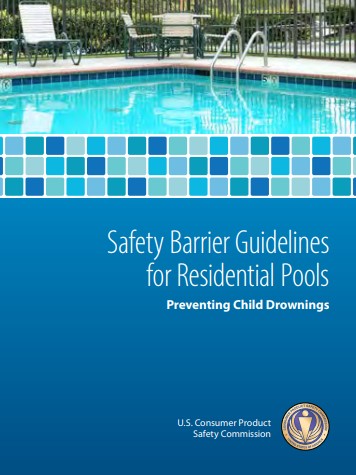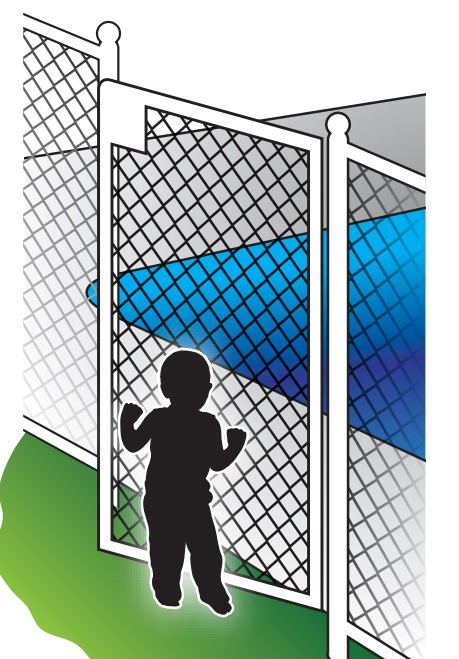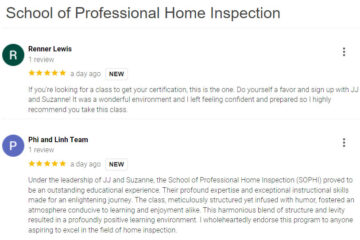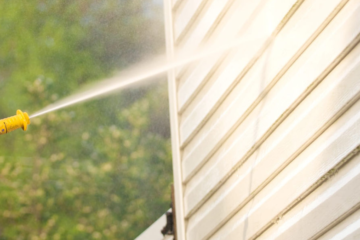Residential swimming pools are a great source of enjoyment for families, but they can also pose a serious safety hazard if proper safety barriers are not installed. As a home inspector, it’s crucial to have an understanding of the safety barrier guidelines for residential pools to ensure that your clients are informed and safe.
According to U.S. Consumer Product Safety Commission, there are several safety barrier guidelines that must be followed for residential pools, including the installation of pool fences, pool covers, and pool alarms. Pool fences should be at least four feet high and have self-closing and self-latching gates. Pool covers should be strong enough to support the weight of a child or pet and be in good working condition. Pool alarms should be installed to detect any unauthorized entry into the pool area.
It’s important to note that safety barriers are not just for in-ground pools; above-ground pools and spas must also have proper safety barriers installed. Home inspectors should inspect these barriers during the home inspection process and provide recommendations for any necessary updates or repairs.
Remember if you have a pool:
- Install a 4-foot fence around the perimeter of the pool and spa, including portable pools.
- Use self-closing and self-latching gates; ask neighbors to do the same if they have pools or spas.
- If your house serves as the fourth side of a fence around a pool, install and use a door or pool alarm and/or a pool or spa cover.
- Maintain pool and spa covers in good working order.
- Ensure any pool or spa you use has anti-entrapment safety drain covers; ask your pool service representative if you do not know.
- Have life-saving equipment such as life rings, floats, or a reaching pole available and easily accessible.
As a home inspector, it’s important to understand the safety barrier guidelines for residential pools to help ensure the safety of your clients. Proper installation and maintenance of pool fences, covers, and alarms can greatly reduce the risk of accidents and injuries. For more information on these guidelines and other essential home inspection topics, refer to the article on the School of Professional Home Inspection website: https://schoolofprofessionalhomeinspection.com/lib/Safety-Barrier-Guidelines-for-Residential-Pools.pdf.



